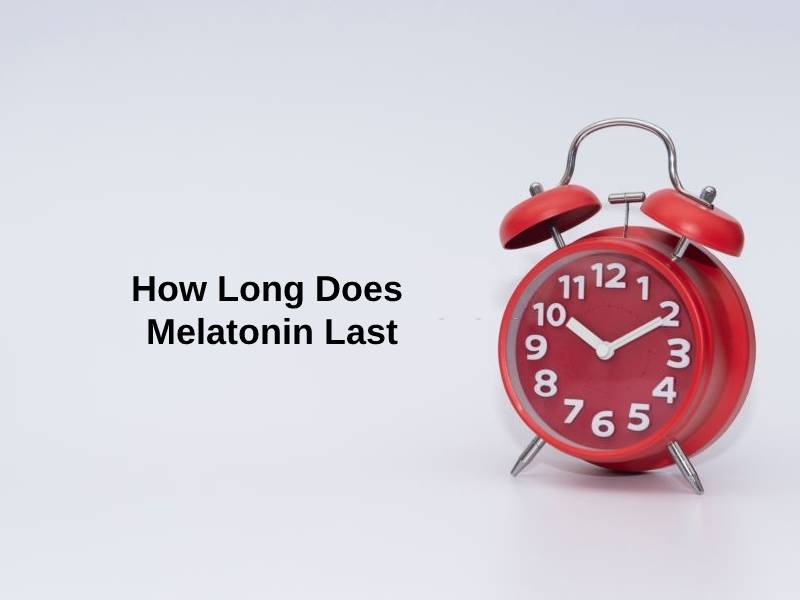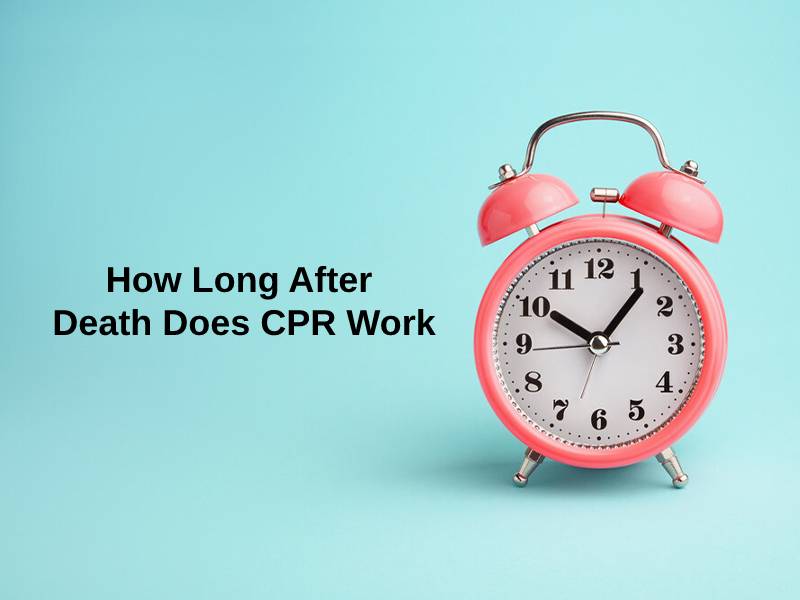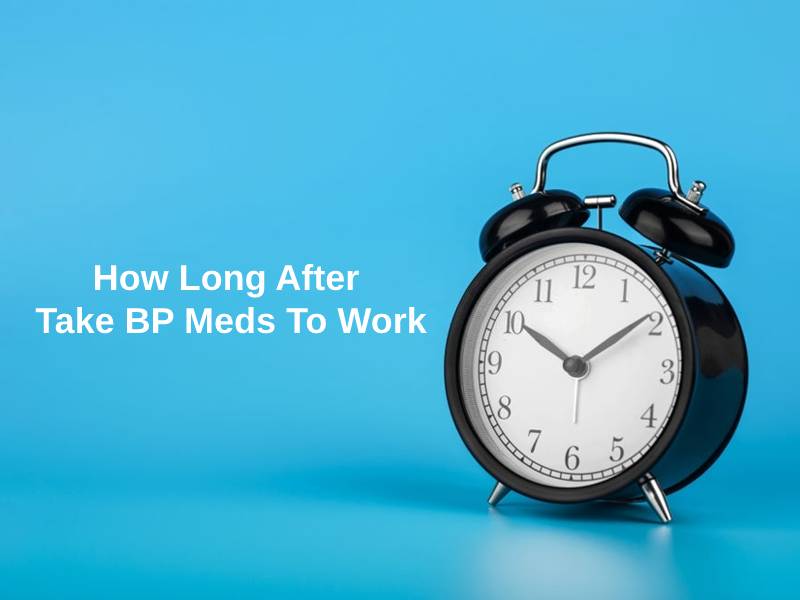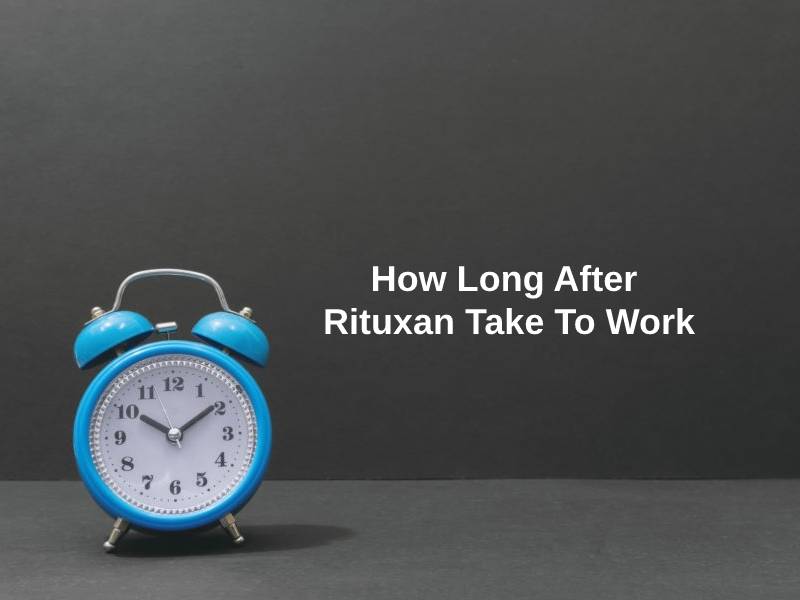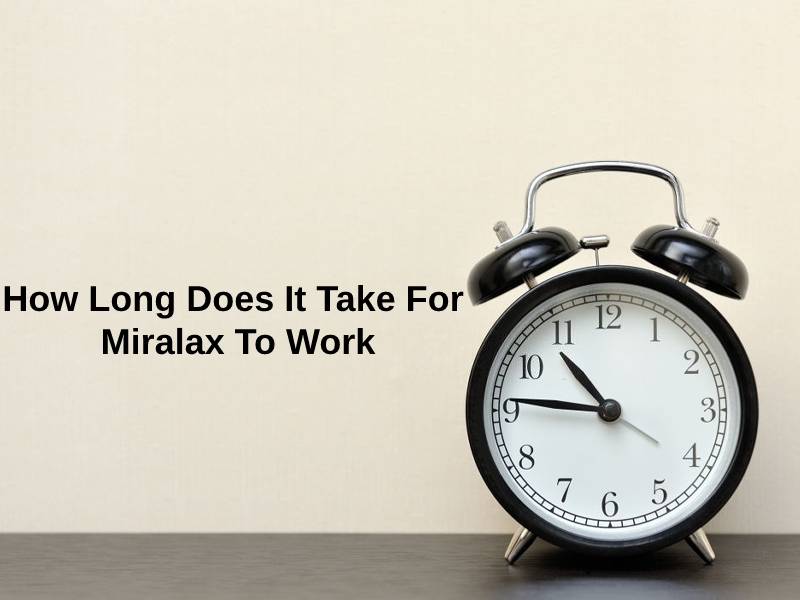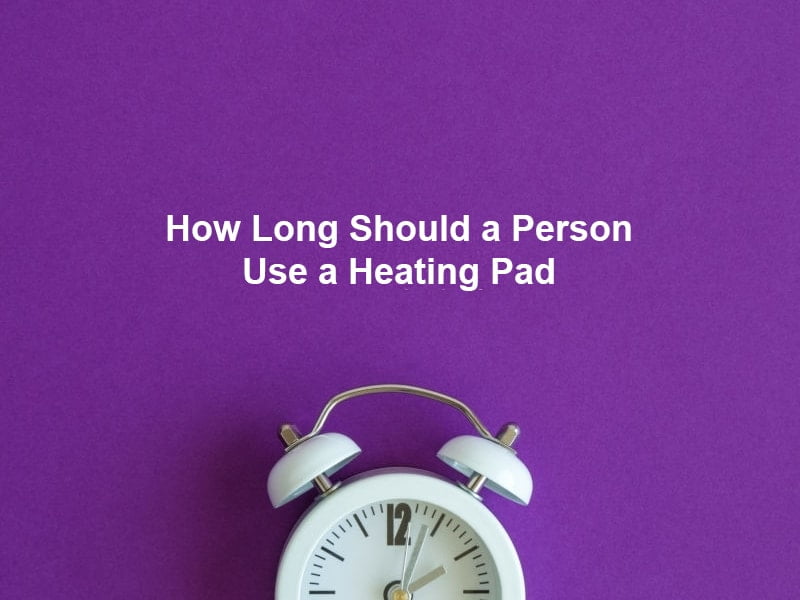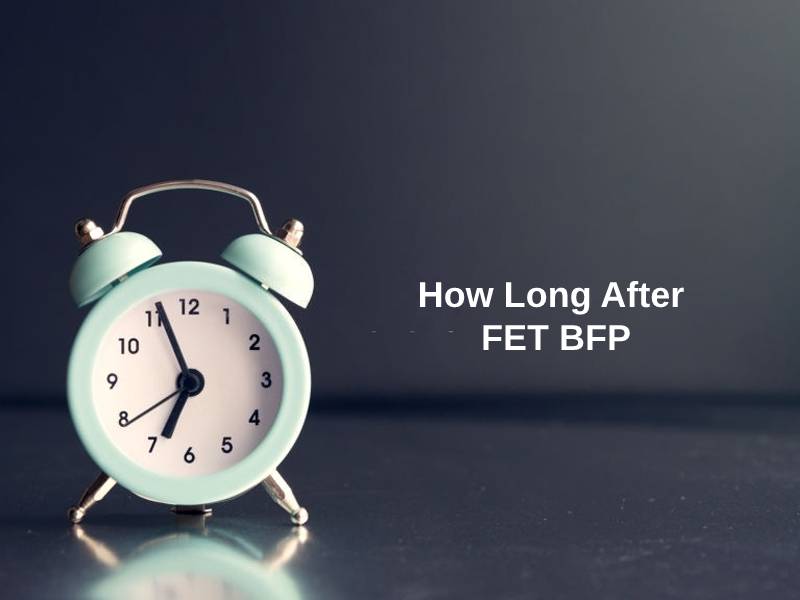Exact Answer: between 20 minutes and 2 hours (Approximately)
Melatonin is a natural hormone present in our body. Melatonin is present in the pineal glands produced by our brain. Although, synthetic melatonin is also available. Melatonin helps to improve and maintain the biological clock that is the wake-sleep cycle.
The biological clock or the wake-sleep circle involves eight hours of sleep and 16 hours of work. Melatonin is widely available in the form of pills. Intake of melatonin takes place in the form of tablets or by keeping it under the tongue. Melatonin gets absorbed by the body directly from under the tongue.
Melatonin has many advantages, and people consume it for various health issues. Melatonin helps in treating sleep disorders and for getting a night of restful sleep. It is advantageous in headaches, in the treatment of cancer and insomnia. Useful for people finding difficulty in falling asleep like people with jetlag.
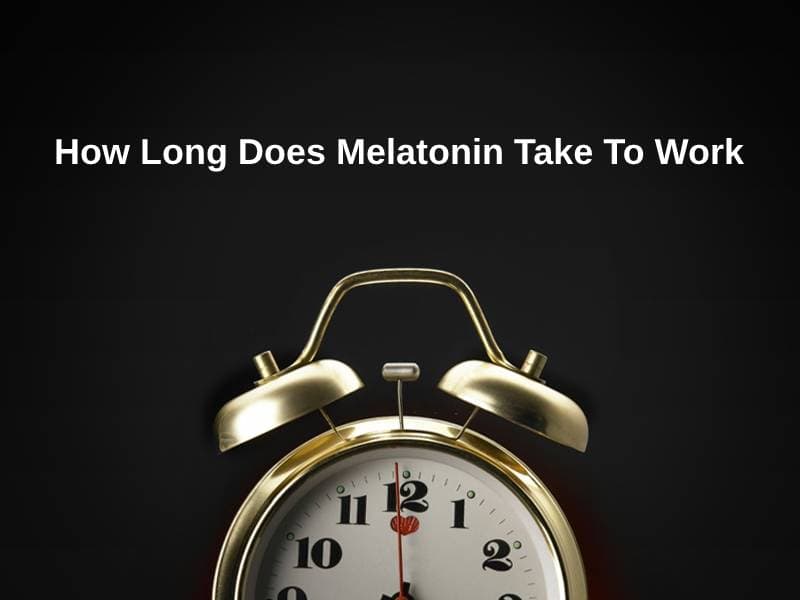
How Long Does Melatonin Take To Work?
Melatonin takes about twenty to two hours to function after ingestion. That is why melatonin is consumed two hours before bedtime. The fundamental function of melatonin is to convey the message regarding the biological cycle to the body. If a person has a fixed sleep time, then the brain starts triggering the body to sleep.
The effect of melatonin varies from person to person. Pills consumed can release melatonin immediately in our body or can release gradually. Regular tablets immediately release melatonin into our bodies. Extended-release melatonin is helpful for people who are awake the whole night. Melatonin helps in falling back asleep.
Melatonin production can be affected by various factors, such as caffeine, vegetables, some vitamins, and minerals. All these factors affect melatonin production by increasing or decreasing the availability of tryptophan, a salient amino acid.
Our body melatonin increases in response to darkness and is maximum between 11 AM and 3 AM. Melatonin production occurs for a shorter period in summer, while in winter, melatonin production is prolonged. It stays in our body for different time intervals depending on various factors.
| How long does melatonin | Duration |
| Takes to work | between 2 minutes and 2 hours |
| Takes to work in children | around 30 minutes to an hour |
| Reduces to half (Half-life) | nearly 40 to 60 minutes |
| Stays in our system | About 5 hours |
Why Does Melatonin Take So Long To Work?
Melatonin is a natural hormone synthesized from an amino acid tryptophan. After synthesizing, it is then let out into the blood and cerebrospinal fluid. Pineal glands transform serotonin into melatonin and, high melatonin level lowers the body’s blood pressure and temperature, causing sleepiness.
Melatonin works simultaneously with the body’s circadian rhythm. The circadian cycle is the body’s internal clock telling when to eat, sleep, and wake. The level of melatonin is high in the dark and tells the body to sleep. Exposure to dark causes low melatonin secretion and hence causes sleeplessness.
Melatonin binds with the receptors and reduces nerve activities, helping the body to relax. Melatonin reduces the level of dopamine hormone that keeps the body awake. Melatonin is a powerful antioxidant and helps in reducing eye diseases.
Children do consume melatonin. Children with, ADHD that is, Attention Deficit Hyperactivity Disorder, intake melatonin. The melatonin intake varies from 0.5 mg to 6 mg, depending on the condition, age, and doctor’s advice. Intake of melatonin without a doctor’s or expert’s advice can be harmful or dangerous.
Age, caffeine, light exposure, body size, tobacco, and other medications are various factors that affect the period of melatonin staying in our system.
Conclusion
Pineal glands produced, melatonin hormone widely helps in treating the sleeping illness. Melatonin hormone synthesis takes place in the dark and lowers in the presence of light. Short-term use of melatonin is advantageous but, if used regularly, could have various side effects. The various side effects are headache after use, grogginess, anxiety, irritability, confusion, or realistic dreams. To overcome jetlag, the effective dose of melatonin is 0.3 mg to 0.5 mg.
Overdoses cause various side effects and to take according to a doctor’s or an expert’s advice. Melatonin is effective for short-term use but not as a habit. Long-term intake has different side effects on the body.


